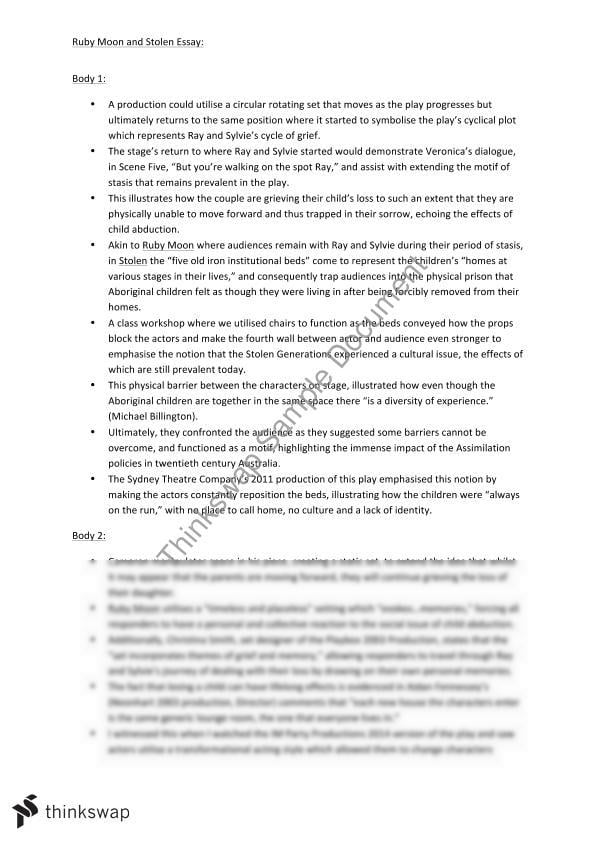
Oct 07, · Yoshida Kenko, the author of Essays in Idleness, incorporated his Japanese culture and Buddhist beliefs in his work. He highlighted and accepted the perishability and uncertainty of life. However, Kenko’s views vary from the usual Western outlook and my own perspective. Kenko understood the unpredictability of human life and valued blogger.comted Reading Time: 2 mins Another lesson Kenko teaches in his Essays in Idleness is that life is fleeting, so every day should be celebrated. Kenko writes that people should always keep in mind the constant possibility of death, and not worry too much about worldly desires. He explains that many people do not expect death until they are about to die Essays in Idleness was written around by Yoshida Kenkô. Buddhist beliefs were spreading in Japan at this time and are reflected in the literature—such as this work by Kenkô—written during this period of Medieval Japanese history. Robert Oxnam:: Kenkô, another author writing a century later [than Kamo no Chômei ], took a different perspective. A former court poet who
Essays in Idleness
Yoshida Kenko, the author of Essays in Idleness, incorporated his Japanese culture and Buddhist beliefs in his work. He highlighted and accepted the perishability and uncertainty of life. Kenko understood the unpredictability of human life and valued it. He believed that if human beings might live permanently, essays in idleness analysis, they would not feel the emotions they feel when they look at beauty in nature, essays in idleness analysis.
Because he understood that there is obscurity in life, Kenko appreciated minor things that the majority of people would overlook. In reflection twenty-one, he described how he found pleasure in looking at a stream. Kenko knew the unpredictability of life, and this appears in reflection twenty-nine. He described how difficult it was for him to suppress his nostalgia for things in his past. Explaining how he felt when he went through valuables from the past made it seem manifest that he had understanding about the instability of life.
If human beings had a never-ceasing life, they would dislike the world around them as much as they do today. I appreciate the concept of the perishability of life. It makes desire and emotions more powerful since individuals know that they will not have the ability to take pleasure in things permanently. On the other hand, Essays in idleness analysis disagree entirely with his beliefs on the idea of uncertainty of life. Kenko believed that the most precious thing in life is its uncertainty.
My viewpoint is that it is among the worst aspects of life due to the fact that I never ever understand what is going to happen. This causes a sense of vulnerability due to the fact that of the absence essays in idleness analysis knowledge about the future.
The Western interpretation of this philosophy of life is spending the little time they have to enjoy the finest life possible. However, some people use the uncertainty of life as an excuse for making foolish choices, essays in idleness analysis. However, my views disagree with his in some ways. Westerners comprehend his beliefs differently as well, and some people put a negative aspect to his perspective. Essays in Idleness by Yoshida Kenko. Accessed May 19, Essays in Idleness by Yoshida Kenko Categories: Human Life Pleasure Of Idleness.
Download paper. Essay, essays in idleness analysis, Pages 2 words. Get a verified writer to help essays in idleness analysis with Essays in Idleness by Yoshida Kenko. Top Writers. Verified expert. Cite this page Essays in Idleness by Yoshida Kenko. Related Essays. Short Essays Major problems in American history Pages: 9 words Slogan My Teacher My Hero Essays and Term Papers Pages: 5 words Bureaucracy Essays Examples Pages: 13 words Essays Comparison of Anne Quindlen and Stephen Leacock Pages: 6 words How to Compare and Contrast Essays?
Stay Safe, Stay Original. Not Finding What You Need? Please enter something FIND ESSAY. Are You on a Short Deadline? Let a Professional Expert Help You. Copying content is not allowed on this website. ASK writer FOR HELP. Give us your email and we'll send you the essay you need. Send me the sample. By clicking Send Me The Sample you agree to the terms and conditions of our service. We'll not send you spam or irrelevant messages.
Please indicate where to send you the sample. Please check your inbox. go to my inbox. We use cookies to give you the best experience possible. Get Your Job Done By a Professional Skilled Expert. HIRE Essays in idleness analysis. Money Back Guarantee.
Montaigne's \
, time: 11:46Essays in Idleness by Yoshida Kenko Free Essay Example

Oct 07, · Yoshida Kenko, the author of Essays in Idleness, incorporated his Japanese culture and Buddhist beliefs in his work. He highlighted and accepted the perishability and uncertainty of life. However, Kenko’s views vary from the usual Western outlook and my own perspective. Kenko understood the unpredictability of human life and valued blogger.comted Reading Time: 2 mins In Yoshida Kenkō ; Essays in Idleness, ), became, especially after the 17th century, a basic part of Japanese education, and his views have had a Another lesson Kenko teaches in his Essays in Idleness is that life is fleeting, so every day should be celebrated. Kenko writes that people should always keep in mind the constant possibility of death, and not worry too much about worldly desires. He explains that many people do not expect death until they are about to die
No comments:
Post a Comment